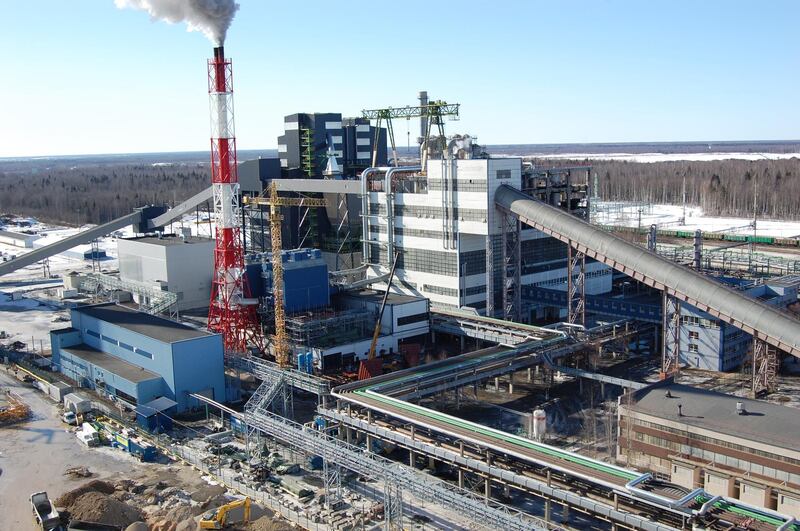Jordan's energy ministry has awarded a Saudi company 40-year rights to exploit two oil shale reserves as the energy-deficit nation looks at various sources to minimise its reliance on energy imports.
The agreement with Amman-based Karak International Oil as well as the Saudi Arabian Corporation for Oil Shale will see production of 25,000 barrels per and 30,000 bpd respectively of crude from deposits in the Lajoun and Umm Ghadran areas, with 2,500 bpd targeted at the initial phase, according to the ministry.
Jordan, according to the World Energy Council has the world's eighth largest reserves of oil shale, which not to be confused with shale oil is formed of organic fine-grained sedimentary rock, from which oil can be extracted through heating. The kingdom which imports more than 90 per cent of its energy needs has been looking to shake off the burden of energy imports which continues to widen its fiscal deficit.
Last year, the kingdom's energy import bill reached nearly $3 billion with the government looking at alternative sources, including developing renewable energy schemes as well as a Russian-engineered nuclear power plant.
Jordan's oil shale programme has been in the works since 2008, when record oil prices which reached as $147 a barrel prompted the government to push for development of its reserves with the help of Estonia's company Enefit - the world's largest oil shale producer.
_____________
Read more:
Jordan approves Iraq pipeline, as Baghdad looks for alternative export routes
BP signs agreement with Baghdad to boost Kirkuk production capacity
_____________
However, the kingdom's plans to become a net exporter of oil soon was put on the back burner, The price of oil began to decline making financing for such projects harder and the Arab Gas Pipeline which used to supply Jordan with gas was disrupted after coming under several attacks by militants in the Sinai Peninsula following the Egyptian revolution in 2012.
In March, Enefit's Jordanian affiliate Attarat Power Company reached financial close to build a $2.1bn oil shale-fired power plant with the help of a consortium of Chinese banks.
The 500-megawatt facility being built in Jordan would be the world's second-largest oil shale-to-power plant and had planned for start-up in 2017.
Jordan's ambitions to build an oil-fired power plant comes in stark contrast to regional moves towards cleaner fuel sources such as gas, which is being increasingly switched for fuel oil in neighbouring Saudi Arabia.
Earlier this month, the Jordanian cabinet approved a much-delayed pipeline to receive oil and gas from Basra in southern Iraq. While much of the crude would be exported, some of it could be available for the country's expanding Zarqa refinery. The kingdom's fiscal spending is heavily reliant on grants and loans from the World Bank, the International Monetary Fund, the GCC and the European Union.







